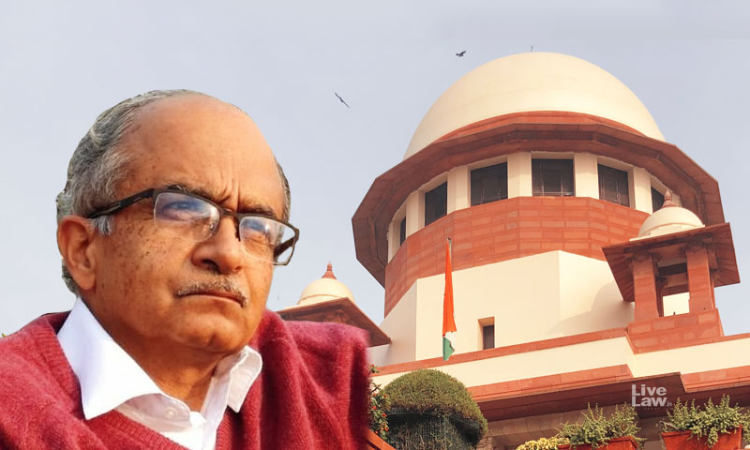After the Supreme Court framed larger questions for consideration in an eleven-year old contempt case against Advocate Prashant Bhushan for alleging that "at least half of the 16 Chief Justices of India were corrupt" in an interview to Tehelka Magazine in 2009, a revised list of questions have been put to top court in light of its earlier order of November 16 2011.The Court had then observed...

